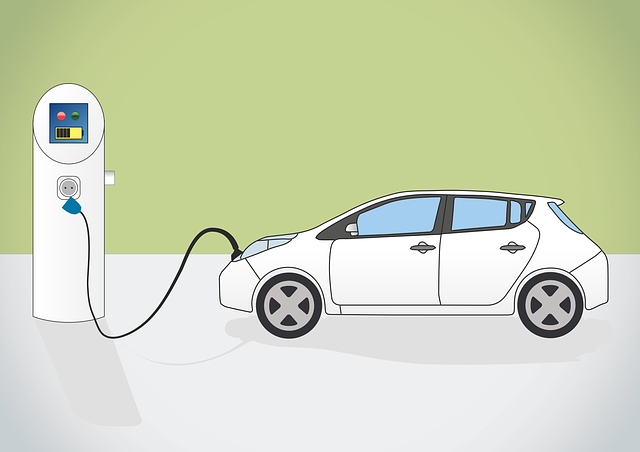Income levels significantly impact car title loan default statistics, with lower-income households facing higher default rates due to limited disposable income and unexpected expenses. Higher-income earners exhibit greater financial flexibility and access to emergency funds, resulting in lower default rates. Building emergency funds and exploring alternatives are crucial for low-income borrowers, while affluent borrowers benefit from better financial management practices and enhanced creditworthiness, leading to reduced repossession risks.
Car title loan default statistics reveal a stark pattern: income levels significantly influence borrowing outcomes. This article delves into the intricate connection between earnings and car loan defaults, exploring why low-income earners face heightened risk compared to their affluent counterparts. We dissect specific factors driving these trends, offering insights that can inform responsible lending practices and help mitigate risks associated with car title loans.
- Income Levels and Car Loan Defaults: The Connection
- Low-Income Earners: Higher Default Risk Factors
- Affluent Borrowers: Lower Default Rates Explained
Income Levels and Car Loan Defaults: The Connection

Income levels play a pivotal role in understanding car title loan default statistics. Lower-income households often face financial constraints that can lead to difficulties in meeting loan obligations. With limited disposable income, unexpected expenses or a loss of employment can quickly strain their budget, making it challenging to make timely loan repayments. This vulnerability is reflected in higher default rates for these individuals.
Conversely, higher-income earners typically have greater financial flexibility, allowing them to allocate funds towards loans and manage payments more easily. Access to emergency funds and the ability to spread payments over extended periods through reasonable loan requirements can mitigate risks associated with car title loans. As such, their default rates tend to be significantly lower, showcasing a clear connection between income levels and car loan default statistics.
Low-Income Earners: Higher Default Risk Factors

Low-income earners often face unique challenges when it comes to financial stability and management. According to various studies, individuals with lower income levels have a higher risk of defaulting on car title loans. This is largely due to their limited financial flexibility and reduced ability to manage unexpected expenses. Many low-income folks rely on their vehicles for daily commutes and transportation, making car ownership a necessity rather than a luxury. However, this essential asset can become a burden if it’s tied to a loan with high-interest rates and inflexible repayment terms.
The title loan process, while designed to provide quick funding, can be particularly risky for these earners as it doesn’t always consider their current financial obligations or the potential for unexpected costs. Without adequate emergency funds to fall back on, low-income individuals may struggle to make timely flexible payments, leading to default. This highlights the importance of understanding one’s financial capabilities before taking out such loans and seeking alternative solutions when possible.
Affluent Borrowers: Lower Default Rates Explained

Affluent borrowers tend to exhibit lower default rates on car title loans for several reasons. Their higher income levels allow them to comfortably cover their loan payments, reducing the likelihood of missing a repayment. Furthermore, these individuals often have better financial management practices and a history of responsible borrowing, which translates into more consistent cash flows and enhanced creditworthiness. As a result, lenders view affluent borrowers as lower risk, offering them competitive interest rates and flexible terms that can facilitate timely loan payoff or extension if needed.
In contrast to bad credit loans, where the primary focus is on immediate approval despite risky repayment profiles, car title loans for affluent borrowers prioritize long-term financial health. This approach not only benefits lenders by minimizing defaults but also ensures that borrowers are more likely to maintain their vehicles as collateral, preserving asset value and reducing the risk of repossession.
Income levels play a significant role in shaping car title loan default statistics. Low-income earners face unique challenges that increase their risk of default, while affluent borrowers tend to exhibit lower default rates due to financial stability and better borrowing practices. Understanding these dynamics is crucial for lenders when evaluating borrower eligibility and implementing strategies to mitigate defaults, ultimately enhancing overall lending health.






